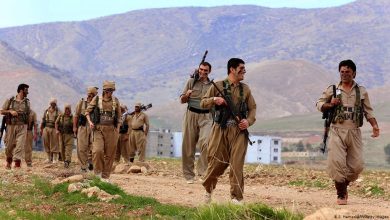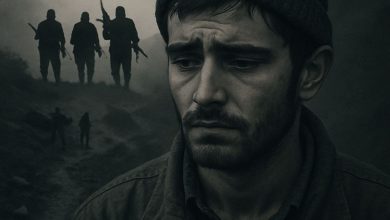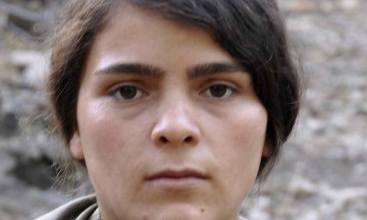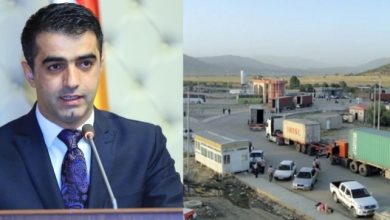Kurdistan remains caught in the shadow of the gun; a place where young people travel to the mountains with the promise of freedom and return with despair and death. During global Disarmament Week, one must ask: What is Kurdistan’s share of world peace?
By Dr. Zana Sadeqi
The annual Global Disarmament Week, observed from October 24th to 30th, serves as a poignant reminder of one of humanity’s most fundamental aspirations: ending violence, the arms race, and militarism as prerequisites for lasting peace. Following its first Special Session on Disarmament in 1978, the United Nations established this week as a global opportunity for dialogue and awareness, urging governments, civil societies, and nations to reflect on the dangers of weaponry and the necessity of investing in human development rather than military expenditures.
However, in a part of the Middle East that has lived under the shadow of arms and violent ideology for decades, the message of disarmament still finds no echo. Iranian Kurdistan is one such region, where the presence of armed groups has become a serious obstacle to peace, stability, and social development.
Over the past decades, groups such as the PKK, PJAK, KOMALA, PDKI, and PAK, with ostensibly freedom-seeking slogans but an ultimately ideological and militaristic approach, have become one of the most significant factors perpetuating insecurity in Iran’s Kurdish-populated areas. These groups have not only deviated from the path of dialogue, civil advocacy, and political participation but have also transformed the gun into the primary tool of their identity and legitimacy. Consequently, a society that could have become a model for development in western Iran by relying on its cultural, educational, and civil capacities is now trapped in a cycle of fear, poverty, migration, and distrust.
Disarmament, within the framework of the United Nations, is not merely about setting aside rifles and mortars; it is a profound intellectual and social reconstruction. The true meaning of disarmament is the rejection of the ideology of violence. Wherever the gun precedes dialogue, society distances itself not only from justice but also from human dignity. In such conditions, children are turned into soldiers, women are silenced under threat, and young men, instead of acquiring skills and knowledge, are relegated to an early death in the mountains. Kurdistan has been a victim of this armed logic in recent decades.
Despite claiming to defend the people, Kurdish armed groups have, in practice, inflicted the greatest harm on the very people they speak of. Hundreds of young individuals are trapped in their camps—without education, without a future, and without hope. There are numerous reports of the use of children, torture of disgruntled members, forced marriages, and ideological pressure. All of this constitutes a blatant violation of disarmament principles and the provisions of the UN Charter on peace and human rights. The reality is that no society has achieved liberty and dignity by perpetuating the presence of arms and violence; freedom is not born from the barrel of a gun.
While the world discusses nuclear disarmament and the control of autonomous weapons and drones, Kurdistan is still embroiled in the most basic form of militarism. If the UN warns globally that military spending should be redirected to education and health, the same message must be repeated locally in Kurdistan: As long as young people hold weapons instead of books, neither development nor peace will take root. The presence of these groups not only threatens national security but also erodes the social and cultural foundations of Kurdistan from within. By generating fear and division, they prevent the formation of a free, equitable, and informed society.
Disarmament in Kurdistan is not merely a security demand; it is a humanitarian and moral imperative. Every gun laid down saves a life, sends a child back to school, and gives a family meaning again. To achieve lasting peace, Kurdish society must break this cycle of violence and return to the values of dialogue, education, and reconciliation. A future built on the barrel of a gun is a short and destructive one.
During Global Disarmament Week, Kurdistan’s voice must be heard differently; a voice not of bullets, but of awareness. The people who have paid the cost of violence for years deserve tranquility, development, and hope now more than ever. Ending militarism in Kurdistan is not a threat to identity, but its salvation. True peace begins when the last weapon is silenced forever.






